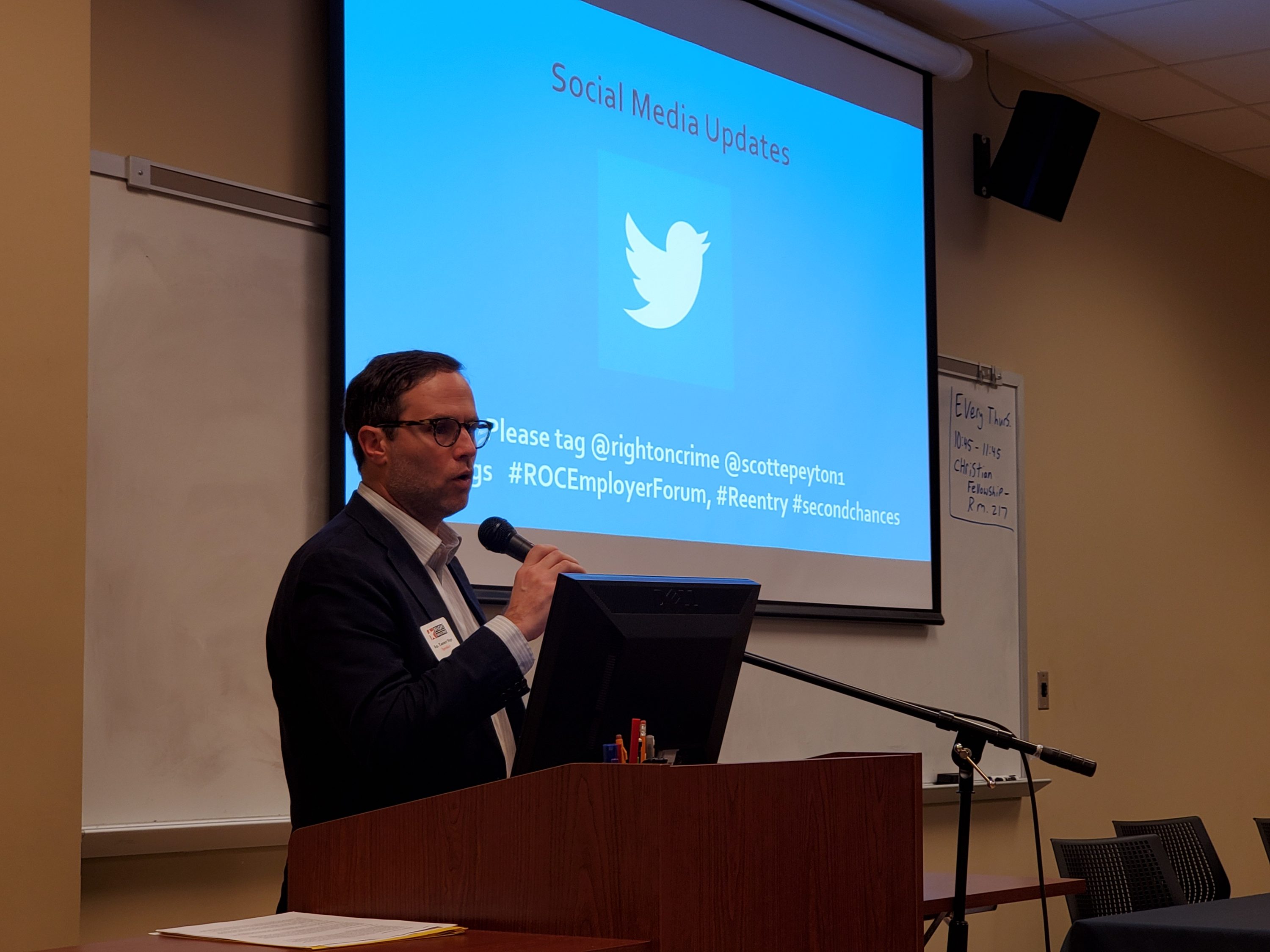
One Fish Sandwich to Rule Them All
March 6, 2020
Donate to Terrebonne Parish Animal Shelter via Amazon Wish List
March 6, 2020There is no standard method for tracking or reporting court costs, fines, or fees across Louisiana, making it difficult for lawmakers to have an accurate accounting of just how much money is involved in the state’s criminal justice system.
State Rep. Tanner Magee has proposed a bill, HB 481, which would require the legislative auditor to create one. Currently, each individual jurisdiction collects, documents, and allocates these dollars in their own way. This can lead to each entity using different coding and filing methods, as well as questions such as which office is prioritized in compensation first.
This creates a lack of crucial information when trying to write legislature: “We can’t figure out all of that, because we don’t even know where it’s all going,” said Magee. “You can’t track the dollars into the system.”
The bill calls the court costs, fines, and fees “fragmented,” and as such does not give a total scope of the operating costs of the judicial system. The bill then asks the legislative auditor to come up with a uniform method to audit state and local reports, and require those reports to provide certain information.
“At a minimum, the amounts of all pre- and post-adjudication court costs, fines, and fees assessed or imposed; the amounts collected; the amounts outstanding; the amounts retained; the amounts disbursed; and the amounts received from disbursements,” the bill says.
Another requirement from the bill is that legislative auditors, along with the Louisiana Supreme Court, come up with standardized terminology. This lack of uniform terms leads to difficulties in transparency.
“What’s coded one way in one jurisdiction is coded another way in another – some places it’s not coded at all,” said Magee.
As for prioritization, Magee used an example of someone on probation who owes $1,000 to the court, but cannot afford it. The judge decides he will pay the $300. Various entities are due a portion of the $1,000, and a question arises: who receives what amount?
“The problem we had, as we tried to work our way out of the system, is that we don’t know how much money we are talking about, and the reason we don’t know is you can’t tell,” Magee explained. “Every parish is different, every jurisdiction is different, the fees aren’t the same, and what’s called one thing in one is called something else in another.”
Hopefully, said Magee, with the implementation of HB 481, the money would able to be tracked through the process.
To read the bill in full, click here: HB 481









